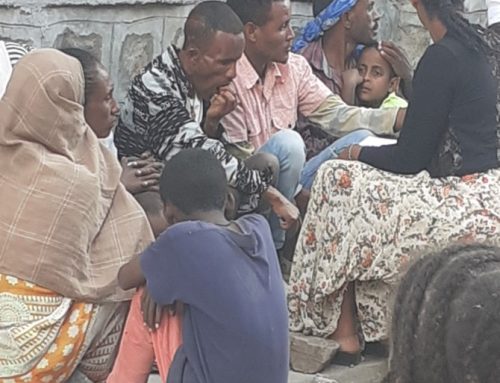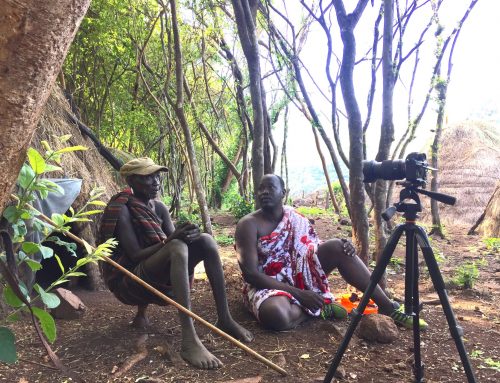Mebrihit Tesfay Tekulu, Letay Hadush, Mizan Alemayo, Hewet Gebreslaese
This project reviews the legal and institutional policy frameworks, and the cultural factors, that affect women’s ability to assume political leadership roles in Ethiopia and to make substantive contributions once they are in power. The team tests the hypothesis that policy and the law are theoretically supportive of empowering women political leaders, but that their voices are often strongly marginalised and excluded in decision-making. The purpose of the project is to draw attention to the gendered political landscape and socio-political imagination in which women are at once included in, and excluded from, leadership; and to advocate for attitudinal changes in society and amongst policy-makers on the basis that deeper democracy requires equality of access, opportunity and participation for all.
About the research team
Three members of the research team are long-time lecturers at Adigrat University, in Tigray, Ethiopia, which focuses on research as a mechanism for solving community-based problems. This commitment animates the entire research team, whose academic and teaching backgrounds span the study of multiculturalism, political economy, citizenship, foreign policy, human rights, state and governance, civics, research methods, gender and development, heritage and conservation, and law.




